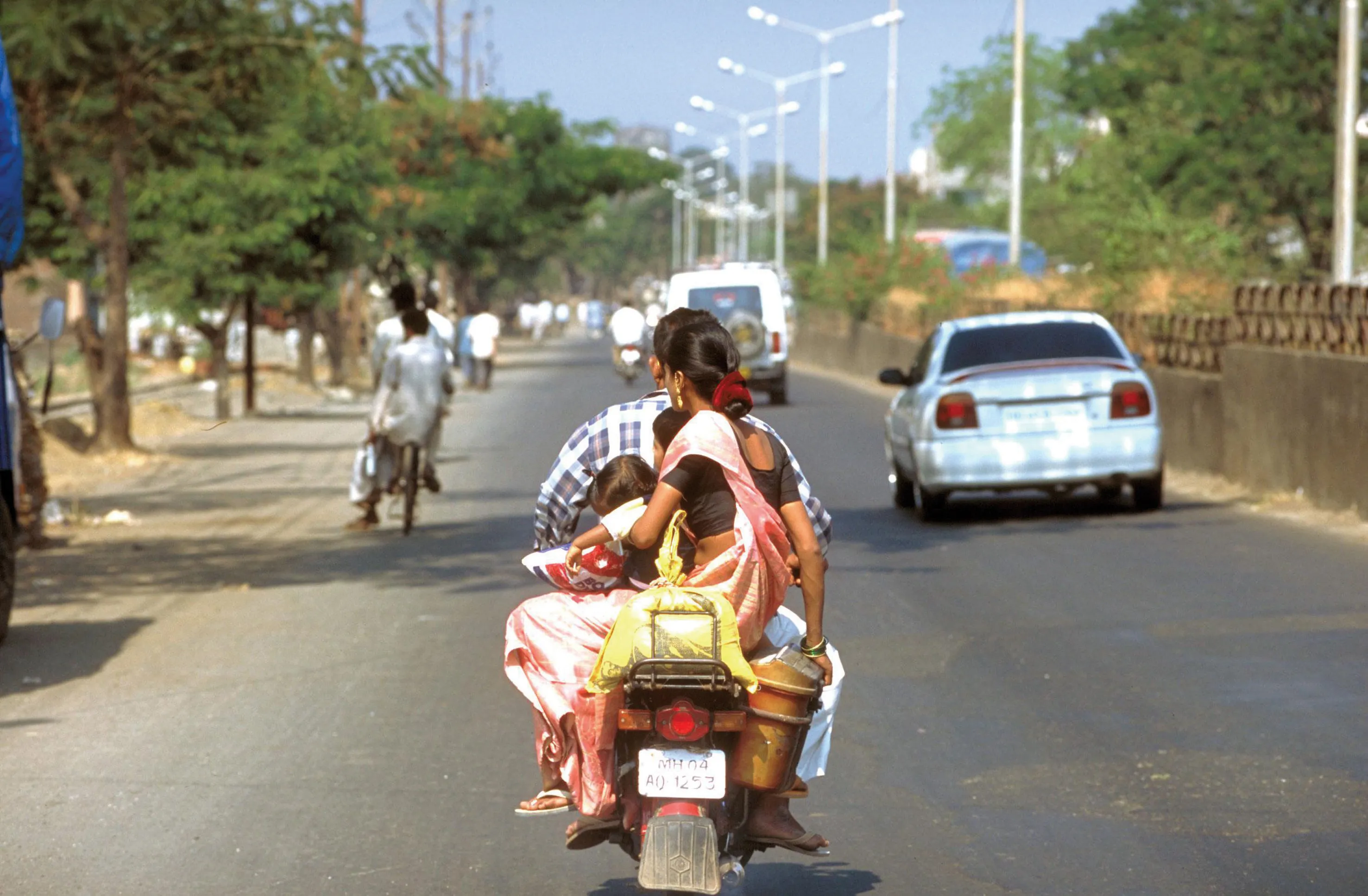Taiwan is updating the systems it uses for recording traffic crash data. The aim of this move is to gather more comprehensive data, providing a clearer picture of road crash fatalities. Crashes resulting in one or more deaths within a 30 day period of the incident will now be listed as involving traffic fatalities. Taiwan has previously recorded crashes as being fatal if a death has occurred within just 24 hours of the incident. This change is expected to deliver a more accurate picture of road deaths in th
August 24, 2016
Read time: 1 min
Taiwan is updating the systems it uses for recording traffic crash data. The aim of this move is to gather more comprehensive data, providing a clearer picture of road crash fatalities. Crashes resulting in one or more deaths within a 30 day period of the incident will now be listed as involving traffic fatalities. Taiwan has previously recorded crashes as being fatal if a death has occurred within just 24 hours of the incident. This change is expected to deliver a more accurate picture of road deaths in the country, bringing Taiwan’s crash recording methods into line with other nations. The new recording method is likely to result in an increase in road deaths being recorded however. The annual average for road deaths is expected to increase from 1,400 to around 3,000 as a result.







